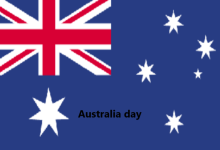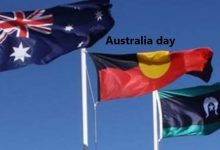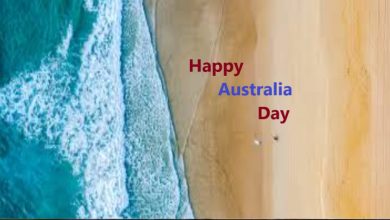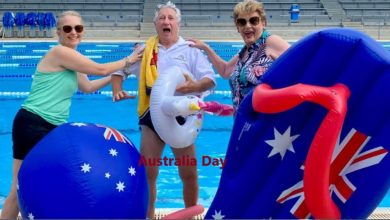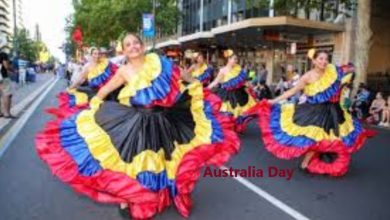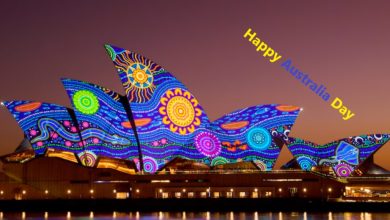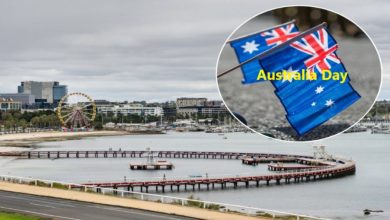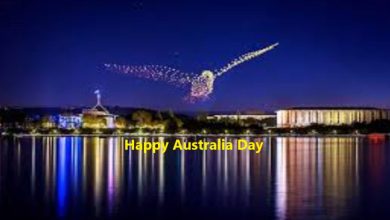Do You Say Happy Australia Day 2025?
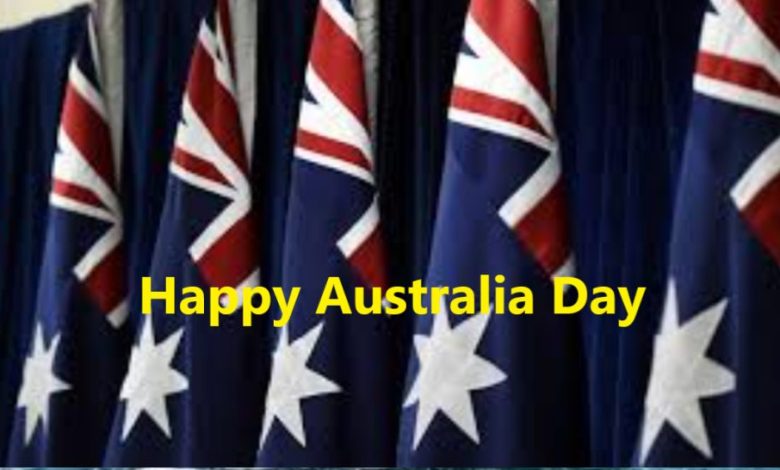
Australia Day has long been a topic of celebration and reflection, marked with barbecues, fireworks, and ceremonies across the nation. Yet, as we approach January 26, 2025, there’s an increasing hesitancy surrounding the phrase, “Happy Australia Day.” Changing societal attitudes toward the day have led many to question whether this greeting is appropriate, or if it inadvertently ignores important historical and cultural contexts.
The History and Controversy Behind Australia Day
What Does January 26 Represent?
Australia Day marks the anniversary of the First Fleet’s arrival in 1788 at Port Jackson, New South Wales, and the raising of the Union Jack—a day traditionally associated with the founding of modern Australia. For much of the 20th century, the date largely symbolized national pride and unity. Parades, citizenship ceremonies, and community events defined festivities, and “Happy Australia Day” was said without hesitation.
However, this perspective overlooks another narrative tied to January 26—one filled with pain and loss for Aboriginal and Torres Strait Islander peoples. Colonization not only displaced Indigenous communities but also led to widespread violence and the erosion of thousands of years of culture and tradition.
For many First Nations people, January 26 is not a day of celebration. It is referred to as “Survival Day” or “Invasion Day.” Protests calling for a change of date or a reevaluation of what the day represents have grown louder each year, reflecting a divide in how the day is perceived.
How Has Public Sentiment Shifted?
Recent surveys highlight a notable shift in how Australians feel about Australia Day. According to a 2024 poll, 49% of Australians believe the date should be changed to be more inclusive of Indigenous perspectives, with younger generations being the most vocal advocates.
Social media has amplified these conversations, shining a light on the complexities of celebrating a national day with a fraught history. Some Australians still see it as a time to honor the nation’s achievements, while others approach it as a moment to reflect on reconciliation and address ongoing inequalities.
Is Saying “Happy Australia Day” Appropriate in 2025?
The simple phrase “Happy Australia Day” carries varying weight depending on who you ask. For some, it’s seen as an innocent greeting—an expression of joy and national pride. For others, it dismisses the trauma associated with colonization and ignores critical discussions surrounding reconciliation efforts.
Acknowledging Multiple Perspectives
Whether or not to say “Happy Australia Day” in 2025 largely depends on personal awareness and sensitivity to these differing views. Here are a few considerations to bear in mind before using the phrase:
- Understand the Impact: Saying “Happy Australia Day” may unintentionally cause offense to those who see January 26 as a day of mourning. Be mindful of the context and setting in which you use this greeting.
- Know Your Audience: If you’re engaging with First Nations people or allies, it’s worth reconsidering the use of the phrase altogether to avoid seeming indifferent to their experiences.
- Focus on Reflection: Instead of celebrating unconditionally, you can frame conversations around unity, inclusivity, or an acknowledgment of the day’s complexities.
Alternatives to “Happy Australia Day”
If you want to honor Australia Day while being respectful of its nuances, there are alternative greetings you can use. These phrases focus on reflection, inclusivity, and compassion:
1. Celebrate Progress and Shared Values
Acknowledge Australia’s diversity and progress with inclusive language.
- “Wishing you a meaningful Australia Day.”
- “Here’s to celebrating all Australians.”
2. Highlight Reflection
Replace celebratory tones with reflective ones to encourage conversations about reconciliation.
- “Take this day to reflect on what Australia means to us all.”
- “Thinking of our shared history and future today.”
3. Support First Nations Initiatives
If you’re engaging in events that highlight Indigenous culture or support reconciliation, tailor your greeting accordingly.
- “Recognizing the strength and resilience of our First Nations peoples today.”
- “Acknowledging our past as we work toward a united future.”
What Can You Do to Make Australia Day More Inclusive?
Saying or not saying “Happy Australia Day” is only part of the broader conversation surrounding January 26. To make the day more meaningful and inclusive, consider engaging in actions that reflect values of unity and understanding:
1. Support Indigenous Voices
Participate in events that honor and amplify the stories of First Nations peoples. Attend Survival Day events, workshops, or exhibitions that showcase Indigenous culture, history, and art.
2. Educate Yourself and Others
Use the day as an opportunity to deepen your knowledge of Australia’s history. Read about Indigenous perspectives, learn about their contributions to Australian society, and share this information with friends and family.
3. Encourage Reconciliation Efforts
Advocate for open dialogue around moving the date of Australia Day or redefining its significance in a way that fosters greater unity and inclusion.
4. Support Charities and Organizations
Donate to or volunteer with organizations dedicated to supporting Indigenous communities. This is a tangible way to show your commitment to inclusivity and reconciliation.


